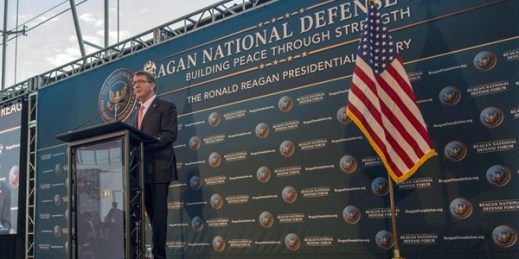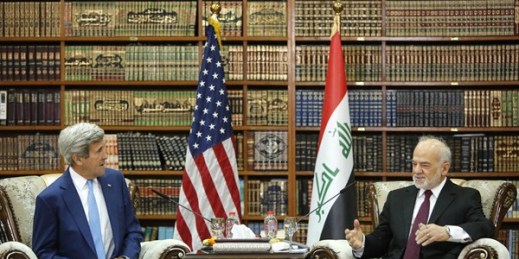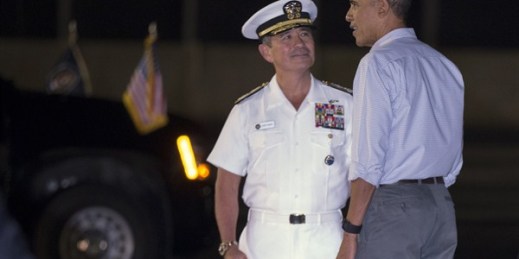
Because of the entrenched, ossified interests and tribal structures within the Pentagon, major reforms to the Department of Defense and the military often originate in Congress. The gold-standard example of this historical pattern was the 1947 National Security Act, which merged the Department of War and the Department of the Navy to form the Department of Defense, headed by the newly created position of secretary of defense. The act also established the institutions of the National Security Council and Joint Chiefs of Staff. Not far behind was the 1986 Goldwater-Nichols Department of Defense Reorganization Act, which reorganized the military’s chain […]




